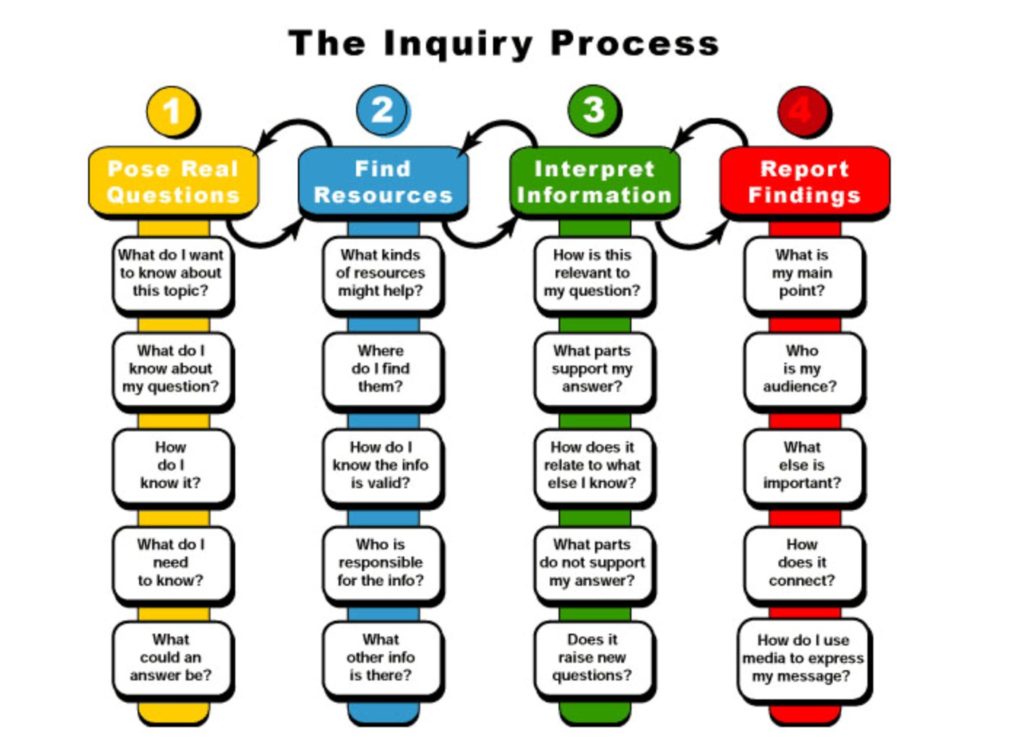Inquiry based learning/instruction (IBL)is a learning and instructional method that encourages students to question, develop ideas, and analyze the findings. Students use evidence-based creative exploration, collaboration, and problem solving to reach conclusions and present their findings. Teachers use this instructional strategy to encourage students to increase their depth of knowledge and understanding, develop grit throughout the investigation process, and develop their communication skills.
4 types of IBL
The 4 Types of Inquiry-Based Learning
There are different kinds of inquiry-based learning, which become decreasingly structured and suit different classrooms:
- Confirmation Inquiry — You give students a question, its answer and the method of reaching this answer. Their goal is to build investigation and critical-thinking skills, learning how the specific method works.
- Structured Inquiry — You give students an open question and an investigation method. They must use the method to craft an evidence-backed conclusion.
- Guided Inquiry — You give students an open question. Typically in groups, they design investigation methods to reach a conclusion.
- Open Inquiry — You give students time and support. They pose original questions that they investigate through their own methods, and eventually present their results to discuss and expand.
Regardless of the type, inquiry-based learning aims to develop students’ abilities to analyze, synthesize and evaluate information (Guido, 2017)

Resources
Academy of Inquiry-based Learning
Fostering Students Questions
Socratic Seminar Workshop Presentation
